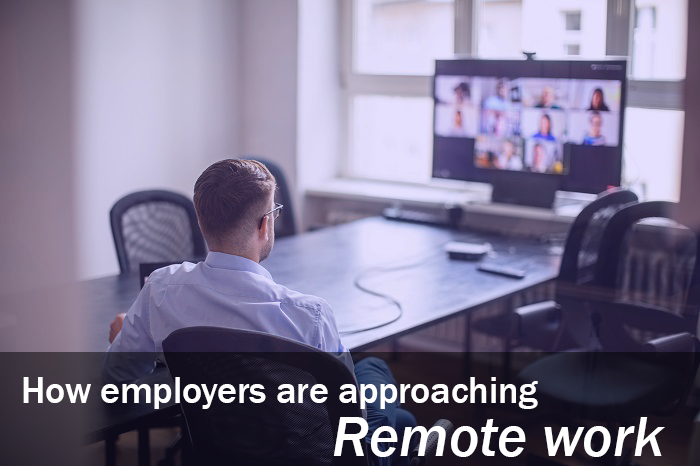86%: Percentage of organizations indicating work from home will continue after the pandemic
Nearly all employers say work from home will continue after the pandemic, and 59% say flex scheduling will remain an option as well, according to Gallagher’s annual survey, which gathered data from 3,921 employers from December 2019 to May 2020, as well as a series of employer pulse surveys conducted between April and July 2020.
What it means for HR leaders
Gallagher’s significant finding is the latest evidence that remote work is working well for most organizations and that most will continue to embrace the option post-pandemic. Their data follows similar research from research firm Gartner, which found that 82% of company leaders say their organizations plan to permit employees to work remotely at least part of the time even after the COVID-19 pandemic.
Although the unprecedented wave of remote working began as a forced experiment due to COVID-19, the majority of employers found the practice works. “We’ve transitioned very, very well to working from home,” Amy Katzoff, senior director of benefits at Huron Consulting Group, said last week during a session at the Midwest Business Group on Health’s annual conference, held virtually. “I expect the degree of travel in our industry will be significantly less. It gives [workers] more time with their families, more time at home. People will be in the office less and maybe only go in [occasionally] for more important face-to-face meetings.”
Related: How benefit leaders are responding to COVID-19–and what they predict for the future
In the near-term, work-from-home options provide immediate risk-management benefits to employee health. In the future, the practice may also help organizations reduce real estate expenses, Gallagher researchers note.
With remote work becoming the norm, it’s important that HR and other company leaders pay close attention to employee engagement and workplace culture to ensure employees’ career wellbeing is still being supported and teams remain connected, efficient and productive. This may require virtual development, training and mentoring, Gallagher notes.





